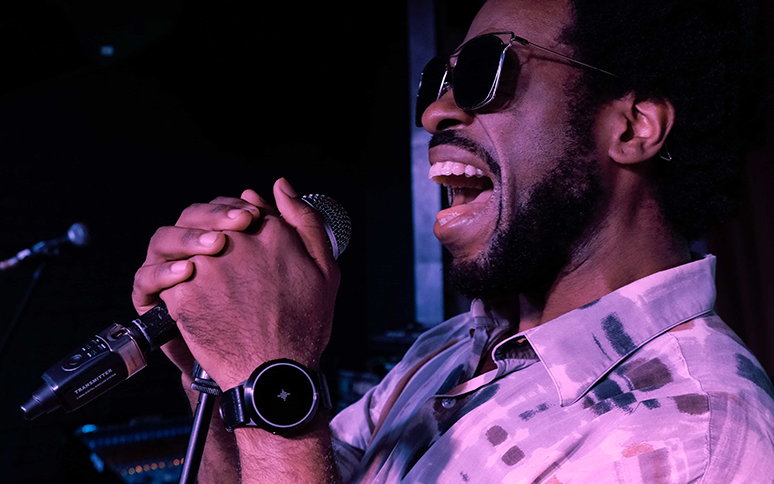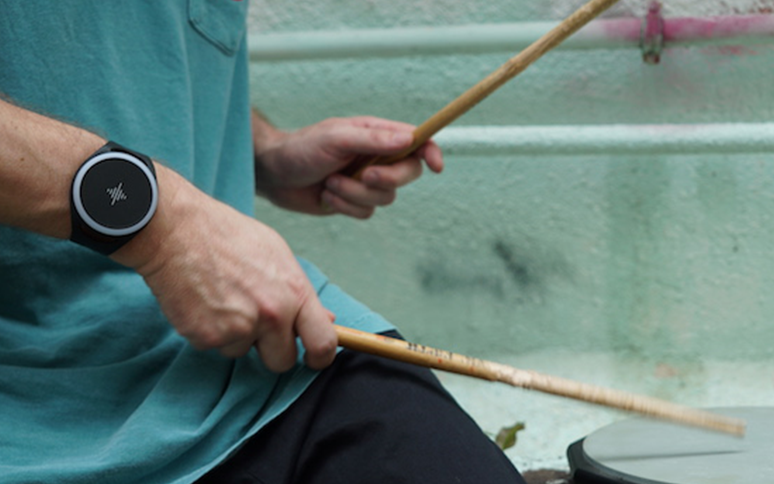Being able to play an instrument is a wonderful skill, whether it’s a hobby or a means of making a living. Self-studying music has a multitude of benefits can save you a great deal of money, since you won’t be paying for traditional lessons. But perhaps the biggest benefit of self-studying is that you can fit it around your busy schedule, learn on your own time and at your own pace.
If you’re hesitant about whether or not self-studying is for you, remember that many accomplished musicians we all know and love are self-taught — Jimi Hendrix, Prince, David Bowie, Louis Armstrong… the list goes on.
Regardless of where you are in your music journey, keep in mind these 10 tips to help you successfully teach yourself to play.
As with anything you decide to spend your time doing, it’s crucial that you understand why you’re doing it. Make sure that reason is personal and deeply meaningful.
Your reason for wanting to self-study music has to be powerful enough, so that when the going gets tough — and it will get tough — you still feel motivated to keep going.

The other thing to keep in mind is that without a traditional teacher, you don’t have anyone to motivate you and keep you accountable. You must be able to push yourself and work hard all on your own.
This is perhaps one of the most important tips for anyone starting out in music.
It’s crucial that you keep a positive mindset and have patience as you practice. Just because it’s taking too long or you don’t feel like you’re progressing, doesn’t mean that you should give up.
The learning curve is steep, so in the beginning, it might be tempting to say “Well, I guess this just isn’t for me”.
But if you just stick with it, you’ll see that your progress will be exponential, meaning that the longer you practice, the easier it will be to reach the next milestone.
Regardless of the instrument you’re learning to play, you’ll need some reference of what to do, which techniques to use and how to progress without skipping important steps. The great thing is, there are countless resources available to you. Some are free and some come at a very affordable price.
Consider buying a few instructional books or borrowing them from a library or a friend. You can also find a lot of helpful content and tutorials on video-sharing platforms like YouTube.
If you’re looking to dive deeper into educational content, you have a number of options, thanks to emerging education technology platforms. Udemy, Yousician and Lessonface are just a few great examples of sites offering online music courses and programs.
You definitely don’t need to be 100% versed in music theory, but it will make the learning process a lot easier if you learn the basics.
At the very least, you’ll want to learn how to read sheet music, since most of the instructional resources you’ll come across will use some form of music notation.

When you’re self-studying music, it’s important to be intentional with how you approach it and create a consistent routine.
Pick a special place in your home where you will practice and make sure it’s easily accessible and quick to get started. For example, don’t hide your guitar in the closet or take apart your clarinet every time after you practice. If it’s out of sight and takes too long to set up, you’ll be less likely to practice consistently.
Create a schedule for when you will practice and for how long and stick to it no matter what. For example, say you will practice for 1 hour every day from 7 to 8 pm. If you think 1 hour is not manageable, make it 30 minutes or 1 hour every other day. If you make it too challenging to stick to your schedule, you’ll be more likely to stop practicing.
Don’t suddenly spend the whole day practicing. It can be exciting to learn a new skill or technique when you are self-studying music. However, overexerting yourself will only lead to injury or pain. The discomfort you will feel the next day will only prevent you from practicing further.
Another reason to pace yourself is that our brains need a break after learning something new in order to process it and store it away in our long term memory. In the same way that cramming right before an exam is not recommended, you’re much better off practicing the same thing a little bit each day, rather than spending 4 hours trying to do it perfectly.
When you start seeing progress in your learning, it can be tempting to skip forward to something more challenging especially if are self-studying music. However, trying to learn something more challenging can be a little dangerous.
What tends to happen is that people neglect basic technique in favor of moving quickly and playing something impressive. However, lack of proper technique will definitely catch up with you later.
Take the time to learn proper technique and master it before moving on to the next level.
And make sure you get into the habit of playing at a consistent tempo. There’s nothing worse than playing all the right notes, but speeding over the easy parts and slowing down when it gets a little more challenging.
Using a metronome like the Soundbrenner Core or Pulse from the very start of learning to play an instrument will help immensely in building up this habit. You may need to start slow and progress to the intended tempo of the piece as you get more and more comfortable.
At the end of each session, try to record yourself playing (no need for fancy equipment, you can just use your phone), so you can see what you sound and look like from an outside perspective. Make note of what you need to work on in the next practice session.

When you have a collection of these videos, you’ll also be able to see how far you’ve come over time — something you can be proud of!
If you get to a point where practice feels really hard, motivate yourself by learning a piece by someone you look up to or learning an interesting riff from your favorite song.
In the beginning, a great source of motivation can be to try and imitate songs you already know and love. There’s no better feeling than being able to play something you’ve been admiring, even if you have to make slight modifications to make it easier.
Looking to your favorite songs can also be a source of ideas and will help you find and develop your own personal style.

On a similar note, staying motivated and inspired doesn’t have to be just about learning pieces and songs you like.
If you’re serious about self-studying music, surround yourself with music in various aspects of your life. This will help you remember your “why” from the first section: why you wanted to self-study music in the first place.
Inspiration can come in the form of listening to your favorite music, reading books about musicians or following artists on social media. Even just having coffee table books or artwork related to music in your home will help keep you inspired.
By making music a part of your lifestyle, you will eventually move past seeing yourself as someone who is self-studying music and see yourself as a musician instead.
It’s cheesy but absolutely crucial. If you’re not having fun learning music, if it doesn’t bring you immense joy and fulfillment, maybe it’s time to reconsider your “why”.
If you’re finding that you dread practicing and don’t gain any sense of satisfaction from reaching a new milestone, perhaps learning music really isn’t for you and you were trying to pursue it for the wrong reasons.
The key is to be honest with yourself. As with anything in life, make sure you’re spending your time doing something you love and you’re doing it for no one but yourself.
So there you have it — remember these 10 tips as you start your self-studying journey and you will be a skilled musician in no time!
This article is written by our contributor, singer-songwriter, Sayana. Check out her Instagram @Sayanamusic and her music on Spotify.
If you would like to contribute to our blog feel free to send us an email at [email protected].